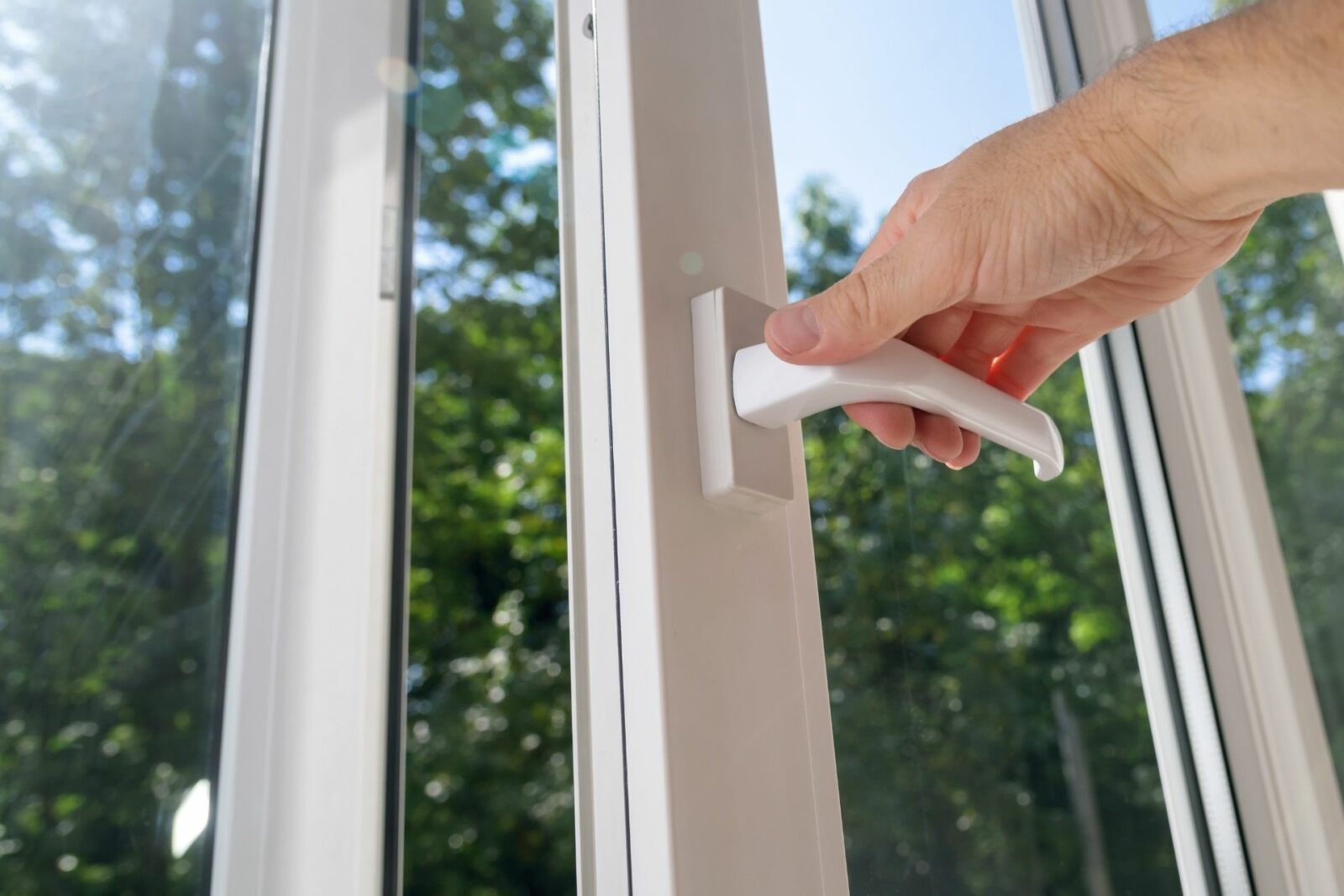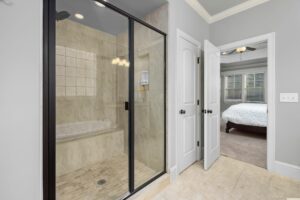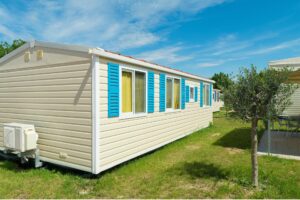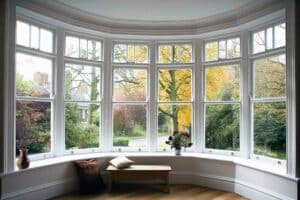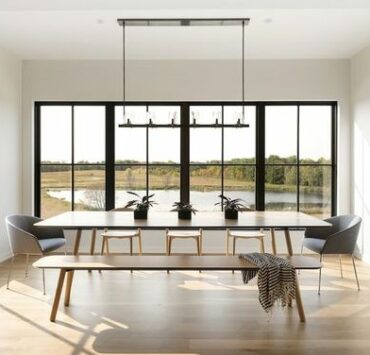Vinyl windows have a lifespan of approximately 20-40 years, which is longer than wood and aluminum windows.
In this blog, we will discuss how long do vinyl windows last, their benefits, and their comparison to other materials.
Benefits of Vinyl Windows
Vinyl windows have several benefits that make them an excellent choice for homeowners. Some of these benefits include:
Durability
Vinyl windows are made of PVC material, which makes them strong and resistant to weather conditions such as rain, wind, and extreme temperatures. They are also resistant to rot, corrosion, and pests.
Energy Efficiency
They are designed to be energy-efficient, which can help reduce your energy bills. They are equipped with insulated frames and glass, which prevent heat loss and keep your home cool in the summer and warm in the winter.
Low Maintenance
They require very little maintenance compared to other materials. They don’t need to be painted, stained, or sealed and can be easily cleaned with soap and water.
Aesthetically Appealing
They come in a variety of colors, finishes, and styles that can enhance the look of your home. They can also mimic the appearance of wood windows without the maintenance requirements.
Vinyl Windows Vs Other Materials
When it comes to window materials, vinyl has several advantages over other materials such as wood and aluminum.
Lifespan
Vinyl windows have a lifespan of approximately 20-40 years, which is longer than wood and aluminum windows. Wood windows can last up to 30 years if maintained correctly, while aluminum windows can last up to 15-20 years.
Maintenance
They require very little maintenance compared to wood and aluminum windows. Wood ones need to be painted, stained, or sealed every few years, while aluminum windows can corrode and require painting.
Energy Efficiency
Energy efficient are more energy-efficient than wood and aluminum windows. Wood windows are prone to rot, which can decrease their energy efficiency, while aluminum ones are poor insulators.
Cost
They are generally more affordable than wood and aluminum windows. While the cost can vary depending on the style, size, and features, vinyl windows are generally the most cost-effective option.
